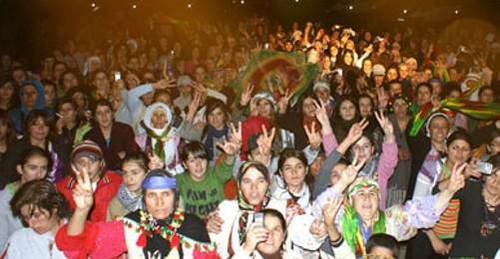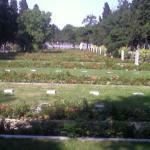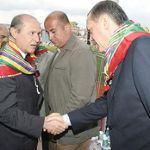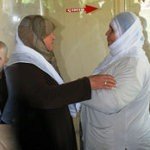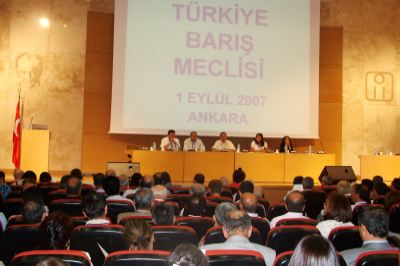At 7pm on Saturday, a peace watch began in Taksim Square. Around 150 women from the Women's Initiative for Peace gathered in support of a democratic solution to the Kurdish question. They remained in the square until 9 am the next morning.
Speaking for the group, dancer Zeynep Tanbay said, "We want peace for our peoples. We are here and we are finally rebelling."
The gathering was timed to be concurrent with a peace watch in Hakkari, a Kurdish-majority province in the southeast of Turkey.
In a press statement, Tanbay said, "Here we will share our longing for peace, our hopes and expectations, and our dreams of a beautiful future."
The statement said that women suffered most from war and violence.
Interactions with passers-by
The women, who had built a small stage near the tramway stop of Taksim Square in central Istanbul, sang songs, recited poems and danced. Actress Esmeray gave a small performance. Passers-by were invited to write down their wishes for peace on pieces of cloth.
The watch, which attracted the attention of many passers-by, ended in the morning with a speech by writer Ayşegül Devecioğlu.
She said that women opposed war and called on women to gather in Maçka Park in Istanbul on 23 August. Zübeye Uğurlu, Istanbul party chair for the pro-Kurdish Democratic Society Party (DTP) repeated the invitation in Kurdish.
Call for peace in Hakkari
In the same night, around 2,000 women gathered on the mountain pasture of Berçelan in Hakkari.
Among them were MPs from the DTP. The women sang songs in several languages and danced.
Singer İlkay Akkaya said in a speech, "Your hearts have been bleeding for years. We watched from far away, but now is the time to share the pain, now is the time to bring peace together."
Journalist Berat Günçıkan was also among those spending the night on the mountainside. For bianet, she wrote about the experience.
Many of the women met in Van city first and then went on to Hakkari with minibuses that had white scarves hanging off them, and buses with the placard "We will spend the night in Hakkari Berçelan for peace".
Sadness, anger, hope...
Günçıkan wrote that when the women arrived in Hakkari, many of the city's inhabitants had just been to the funeral of Serkan Taş, a PKK member who had died.
"The people of Hakkari ran alongside our convoy, making victory signs and greeting our vehicles by shouting peace slogans. Sadness, hope, anger..."
Few Turkish women
Günçıkan also wrote that "the most saddening thing is that those who are hurt most by the war are those who are forced to ask for peace. Turkish women still address the pain of the wounds they receive in the war to the wrong address."
She added, "The fact that there are so few, or hardly any Turkish women among those on the watch in Taksim and Berçelan, and the fact that they still hold on to their sons' coffins with the oath that they will sacrifice another son willingly, is a result of the obeissance towards and fear of the state..."
Women singers and musicians supported the watch with music.
Out after ten years imprisonment
One of the women at the gathering was Aysel Doğan, member of the Peace Group that was formed after the capture of PKK leader Abdullah Öcalan.
Having spent two and a half years abroad, Doğan returned to Turkey to be a part of the group. She was to remain in prison for the next ten years and was only released last Thursday.
Günçıkan ended her article by saying, "Berçelan was one step on the road that stretches from pain to joy. But we know that we still have a long way to go before we can laugh out loud...It is in our hands whether this journey will be a long or a short one." (BÇ/BG/EÜ/AG)




